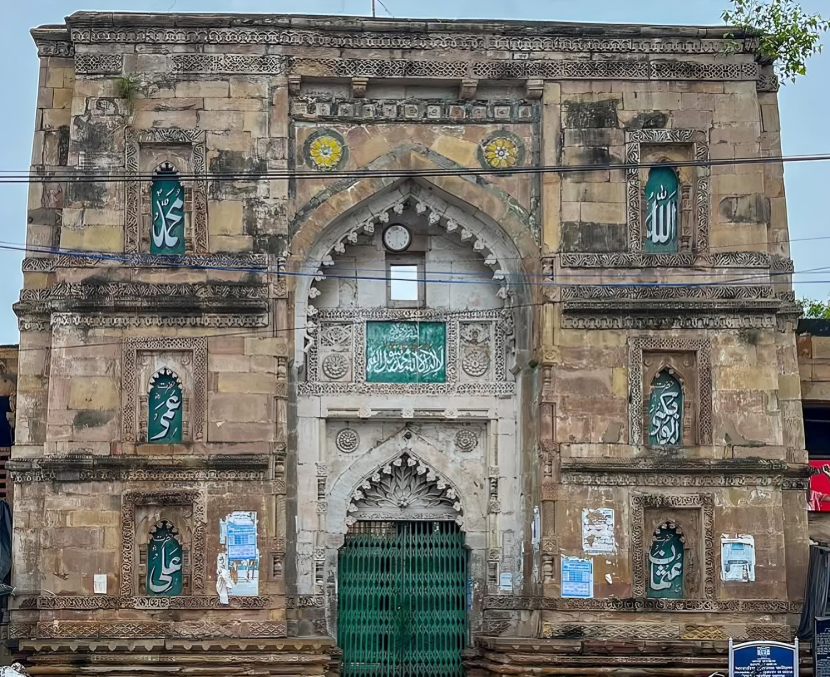The Waqf Atala Mosque in Jaunpur has approached the Allahabad High Court, challenging a local court’s order to register a suit that claims the mosque was originally the Atala Devi Temple. The suit was filed by the Swaraj Vahini Association (SVA) and a petitioner, Santosh Kumar Mishra, seeking to reclaim the mosque as a Hindu temple.
The petitioners claim the mosque, built in 1398, was constructed on the ruins of a temple dedicated to Atala Devi, allegedly built by Raja Vijay Chandra in the 13th century.
“This is not just about reclaiming a temple; it is about preserving our heritage and traditions,” Mishra said.
The Waqf Atala Mosque, however, firmly denies these claims, stating that the mosque has been used by the Muslim community for prayers since its construction. “This mosque has always been a place of worship for Muslims. The claims made by the plaintiffs are completely baseless,” said advocate Azim Ahmad Kazmi, representing the mosque.
The mosque trust argues that the SVA, a society registered under the Societies Registration Act, is not authorized to file such a suit.
“The plaintiffs have no legal right to challenge this property, which has been a registered mosque for centuries,” said advocate Rizwan Jamal Alvi.
The trust also cited the Waqf Act, 1995, and the Places of Worship Act, 1991, which bar legal proceedings aimed at changing the character of religious sites. “This case is not just legally flawed but is also an unnecessary provocation in a sensitive matter,” Kazmi added.
The petition further claims that the trial court ignored key legal requirements by allowing the suit and failed to involve the Sunni Central Waqf Board, the mosque’s registered governing body.
The plaintiffs argue that the mosque was constructed by partially demolishing the Atala Devi Temple during the reign of Feroz Shah Tughlaq. “The structure still shows signs of Hindu architecture, which proves its origins as a temple,” the petitioners stated in court.
However, the mosque trust denies this, asserting that the mosque was built entirely in Islamic architectural style. “There are no signs of Hindu cultural influence in the structure. These claims are pure fiction,” reads the mosque’s plea.
The case has stirred controversy, with concerns raised about its potential to escalate communal tensions. Authorities have yet to comment on the matter.
For now, the Allahabad High Court will decide the next steps in this long-standing legal battle.





























































